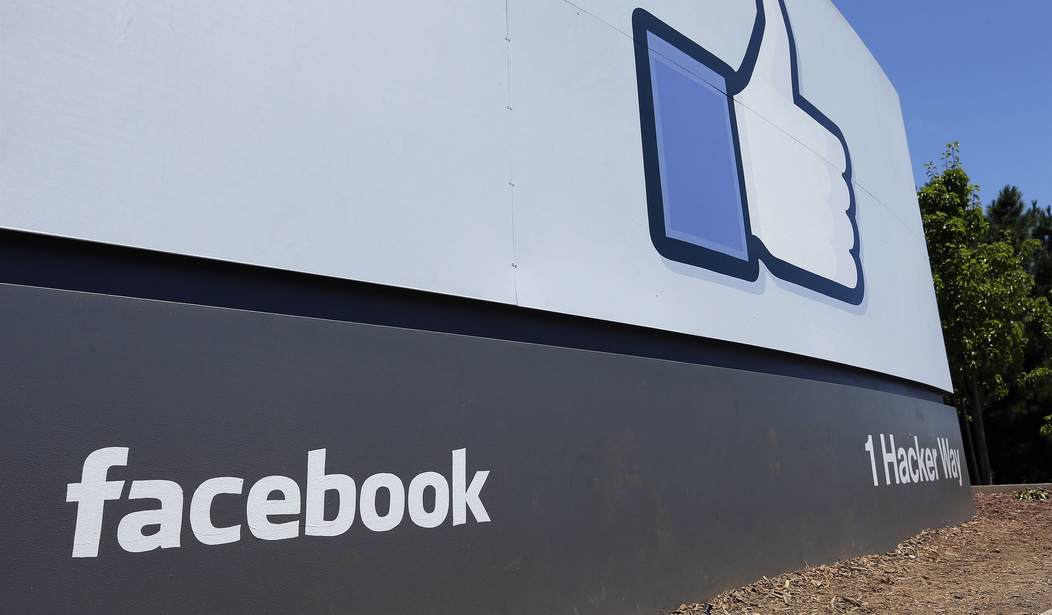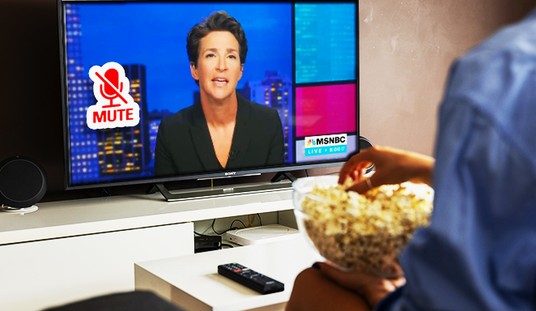An agreement has been reached between Facebook and the Australian government that will lift the tech giant’s nationwide ban on the sharing of news using their platform.
Australians -- and Australian publications alike -- have been welcomed back into the news community of Facebook as the country’s government came to a compromise with the tech giant over the specifics of the hotly contested Mandatory Bargaining Bill.
On Tuesday, Facebook released a statement which said in part, “we are satisfied that the Australian government has agreed to a number of changes and guarantees that address our core concerns.”
Either aimed to intimidate or persuade, Facebook instituted their nationwide news ban last week after the Australian Legislature pressed forward with the News Media and Digital Platforms Mandatory Bargaining Code.
Through the new law, Australian lawmakers are attempting to address what they see as an economic imbalance between tech platforms that host news articles and the news publications that write the stories.
In essence, the Aussie government believes it’s unfair for Facebook to make ad revenue off articles uploaded by publications for free. That is, unless Facebook offers payment to the news publications in return. To bolster their point, they used an Australian governmental report that found that 81 percent of money spent on digital advertising within the country goes directly to Google and Facebook.
Facebook, for their part, was quick to object to the Aussies’ logic, arguing themselves that ”the proposed law fundamentally misunderstands the relationship between… [a] platform and publishers.”
Recommended
Professing their own logic in a statement, Facebook contended that “publishers willingly choose to post news on Facebook, as it allows them to sell more subscriptions, grow their audiences and increase advertising revenue…. the value exchange between Facebook and publishers runs in favor of the publishers — which is the reverse of what the legislation would require the arbitrator to assume.”
In the end, a compromise was reached and the approximately 16.5 million Australians who lost their ability to view and share news were able to participate in Facebook’s community again. The tech giant agreed to pay certain publishers while Australia amended the bill with the provisions Facebook desired.
While this standoff has cooled, the international debate between countries, tech entities and news publishers is likely to continue to heat up. Tech platforms reach nearly every corner of the world, and with their touch imparts in billions of individuals the ability to participate in a global conversation.
Going forward, it seems crucial that their decisions should be watched and criticized just as if they were a government, as it’s clear already they have many of the same abilities.
























Join the conversation as a VIP Member